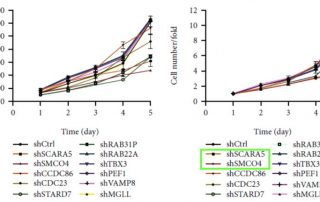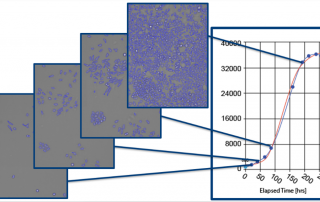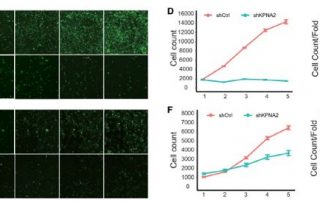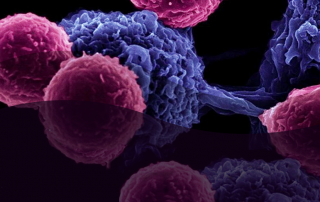At the University of Luebek (Germany), scientists investigated how a mechanism of tumor hypoxia - Aryl hydrocarbon receptor nuclear translocator (ARNT), a transcription factor also known as hypoxia-inducible factor (HIF)-1β - increases a tumor’s resistance to radiation therapy. ARNT expression was knocked out with siRNA or overexpressed using a plasmid vector in a variety of human tumor cell lines such as Hep3B, MCF-7, 786-Owt, 786-Ovhl, RCC4wt and RCC4vhl before exposure to X-irradiation. The Cellometer and Trypan Blue were used to establish cell counts. Researchers found that a reduction of ARNT expression made all cell lines more susceptible to X-irradiation, whereas [...]







